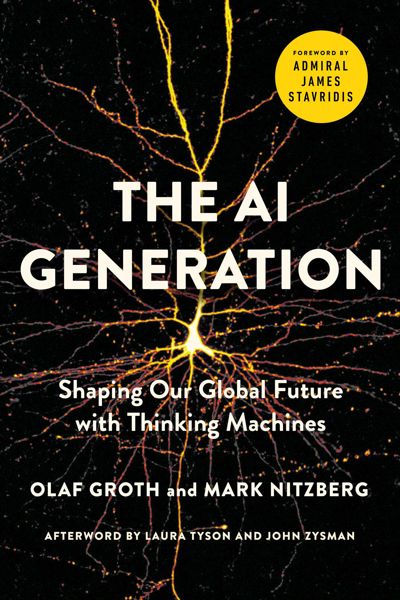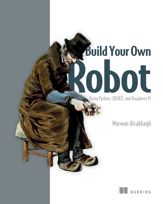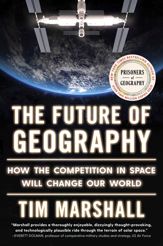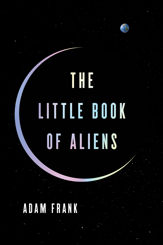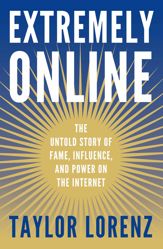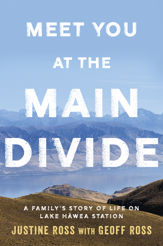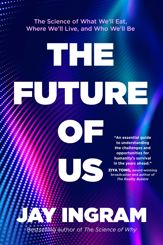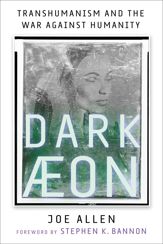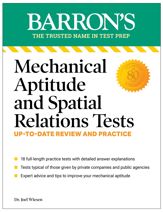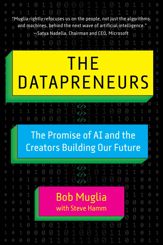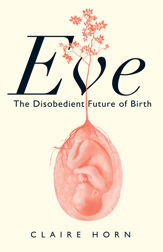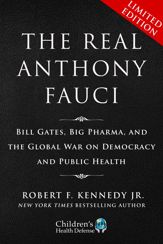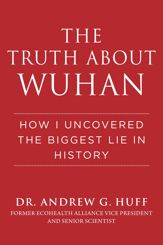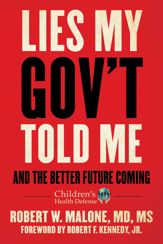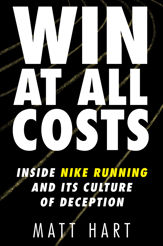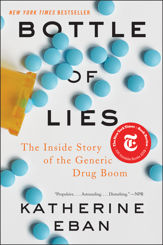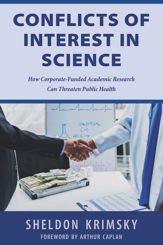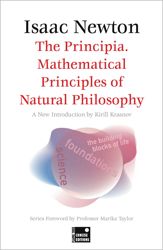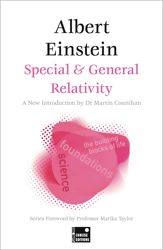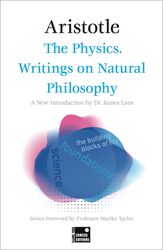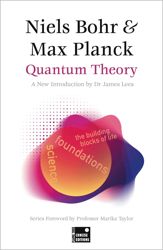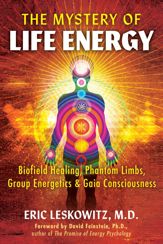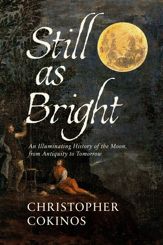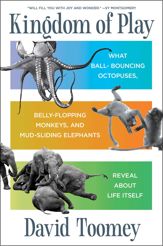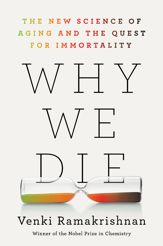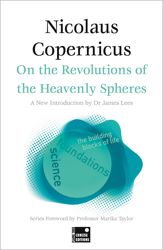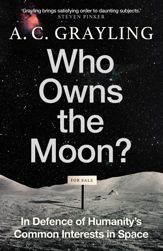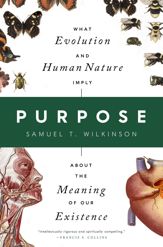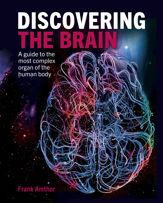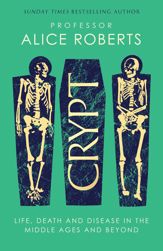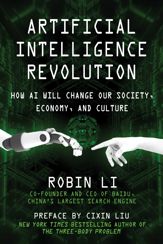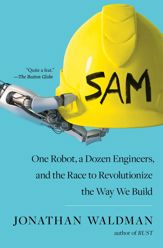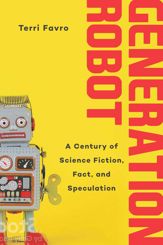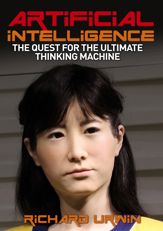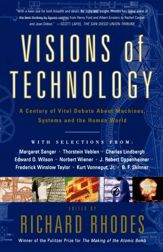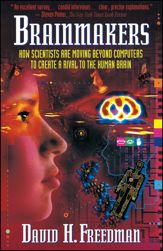"Groth and Nitzberg discuss the future of artificial intelligence in numerous spheres—medicine, civil defense, education, and more—identifying potential moral quandaries in each. Their nuanced analysis explores not just how to ensure that ‘the machines will treat us fairly,’ but also that these machines’ human designers are ethically sound. Their positive outlook, free of the doomsday theorizing common elsewhere, makes for a refreshingly calm discussion of the future of AI."
Description
An update edition of Solomon’s Code—now The A.I. Generation—the thought-provoking examination of artificial intelligence and how it reshapes human values, trust, and power around the world.
Whether in medicine, money, or love, technologies powered by forms of artificial intelligence are playing an increasingly prominent role in our lives. As we cede more decisions to thinking machines, we face new questions about staying safe, keeping a job and having a say over the direction of our lives. The answers to those questions might depend on your race, gender, age, behavior, or nationality.
New AI technologies can drive cars, treat damaged brains and nudge workers to be more productive, but they also can threaten, manipulate, and alienate us from others. They can pit nation against nation, but they also can help the global community tackle some of its greatest challenges—from food crises to global climate change.
In clear and accessible prose, global trends and strategy adviser Olaf Groth, AI scientist and social entrepreneur Mark Nitzberg, along with seasoned economics reporter Dan Zehr, provide a unique human-focused, global view of humanity in a world of thinking machines.
Reviews
"In Solomon’s Code, Groth and Nitzberg paint an intriguing picture of our collective technological prospects, demystifying complex concepts surrounding AI to provide an insight into its far-reaching and ever-changing consequences. This is essential reading for a future just around the corner."
"This wide-ranging and user-friendly dispatch from the front lines of AI can be devoured in one sitting to catch up on the latest research and startup companies including innovations from Nigeria, Israel, Russia, China, and Canada. Even those who follow the news closely will discover fresh insights into China's emerging social credit system, prediction markets, adaptive learning, chatbots designed for suicidal patients, and a riveting personal story about a life-or-death decision that challenges the state-of-the-art in AI. Groth and Nitzberg, appropriately skeptical of singularity sensationalism, emphasize instead the positive potential for what they call 'Symbiotic Intelligence' and make a compelling case for a new 'Magna Carta' to guide our collectively intelligent future."
"Solomon's Code is a fascinating exploration of the myriad social and ethical considerations that we'll be faced with as we see the rise of AI. It provides a balanced perspective on the many critical issues AI presents, including new mind-boggling ones many have not even contemplated, as well as ways for us to guide the course of the transformation."
